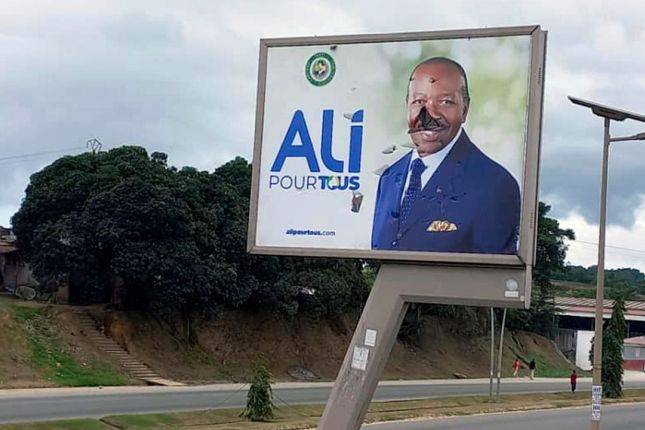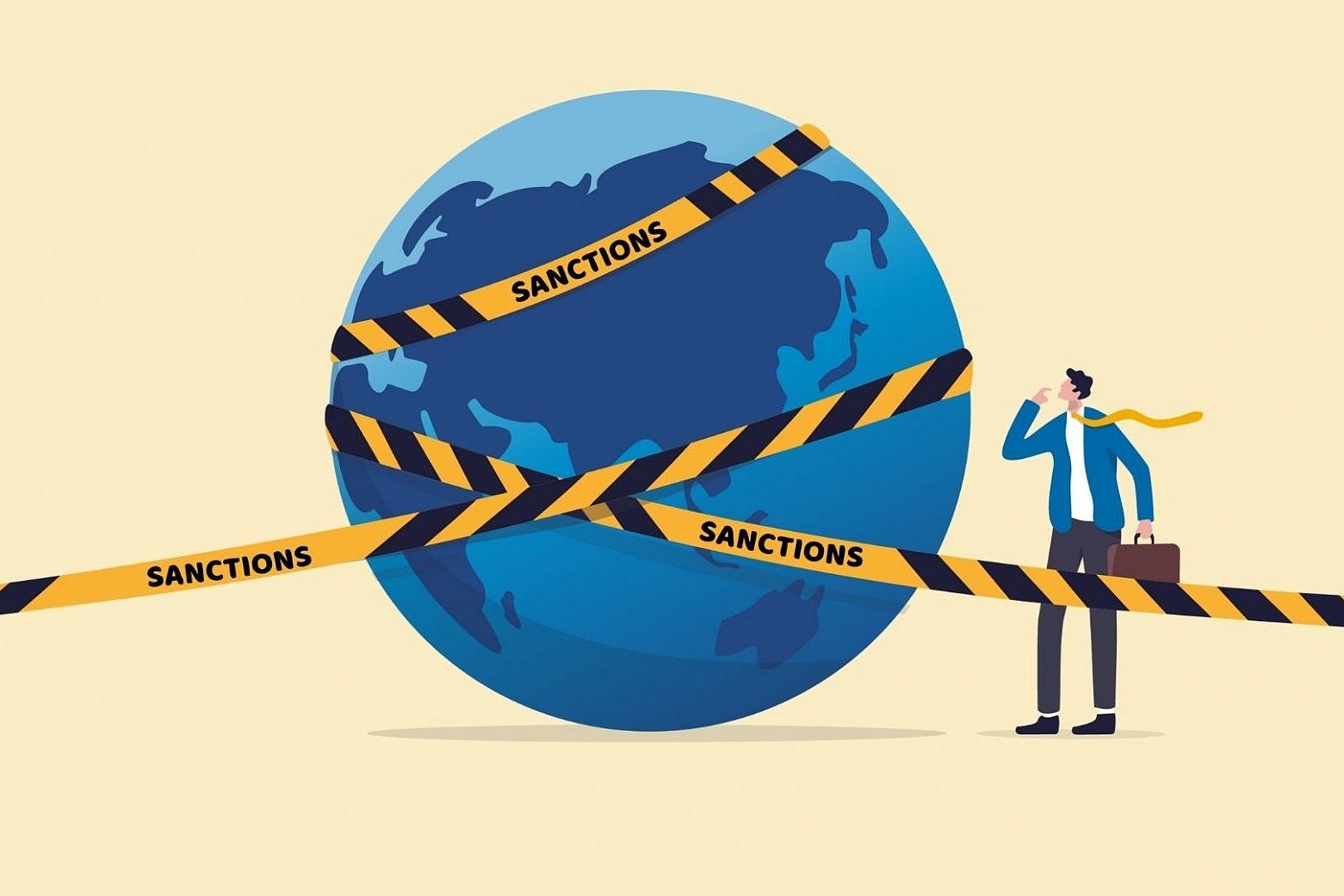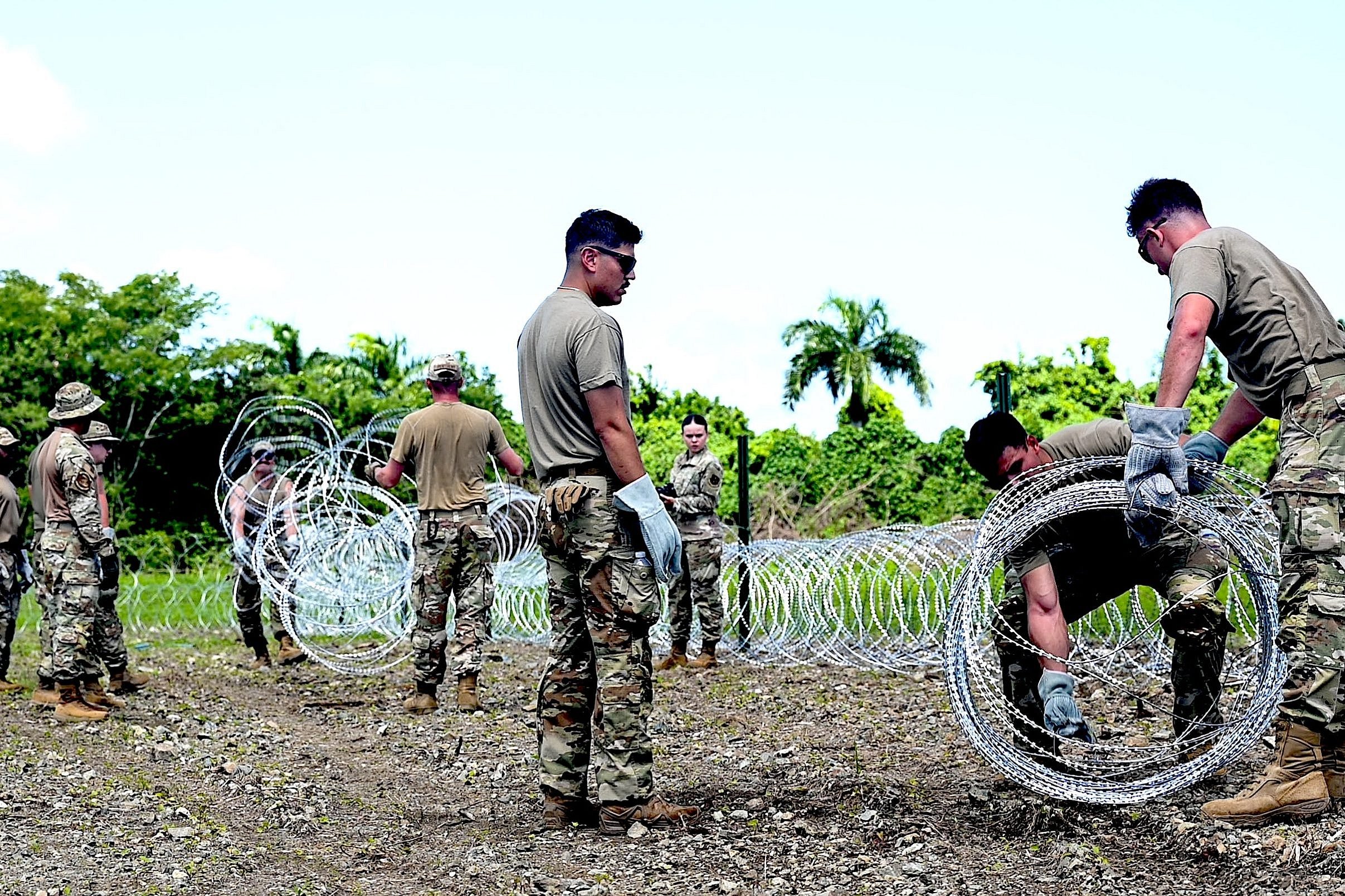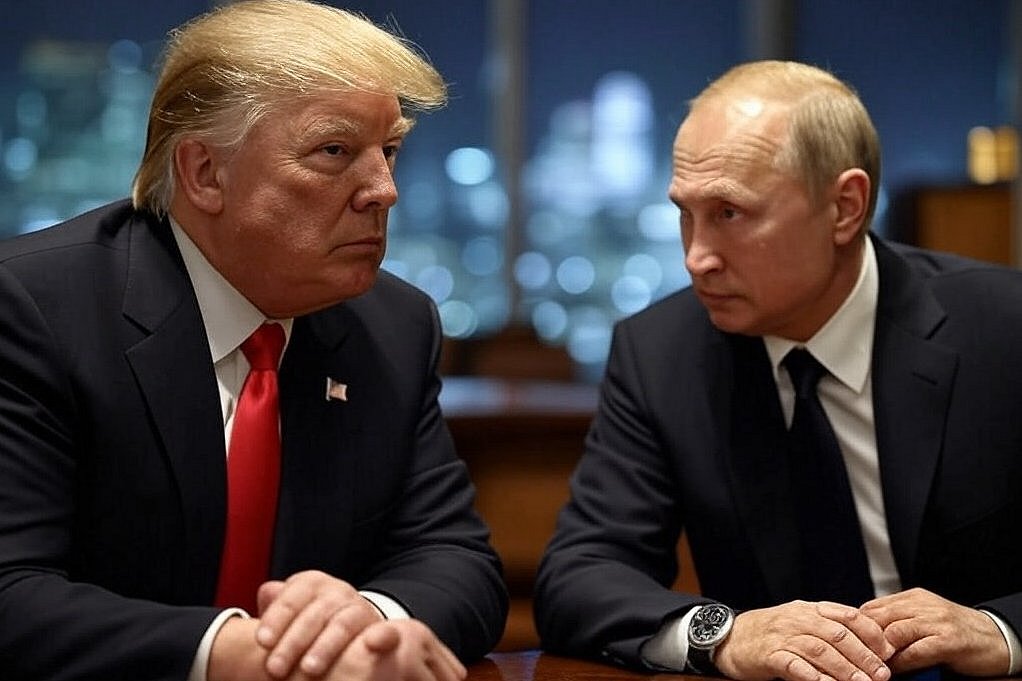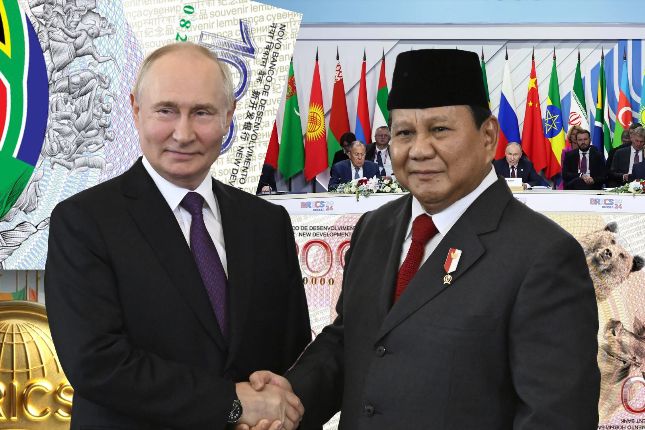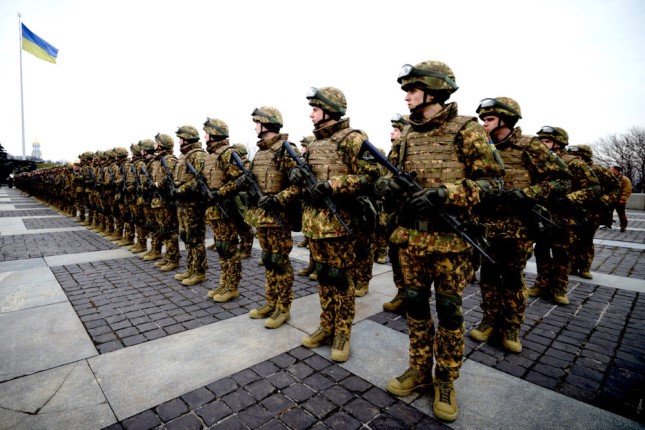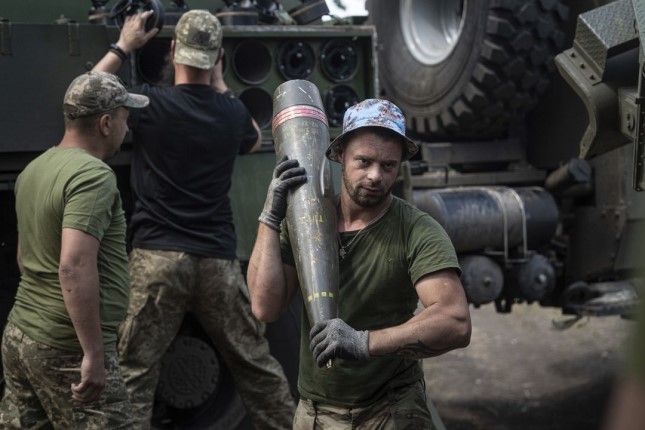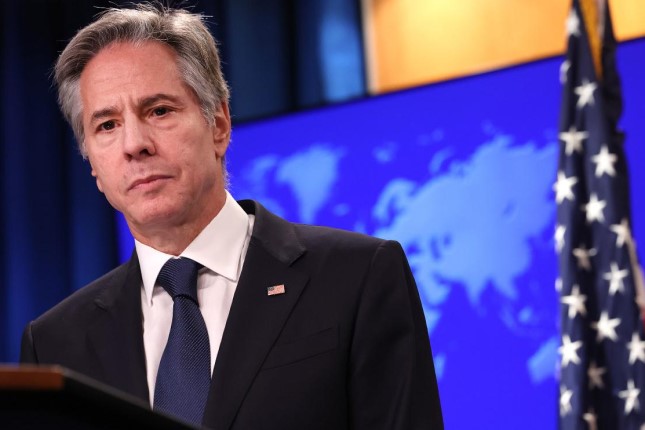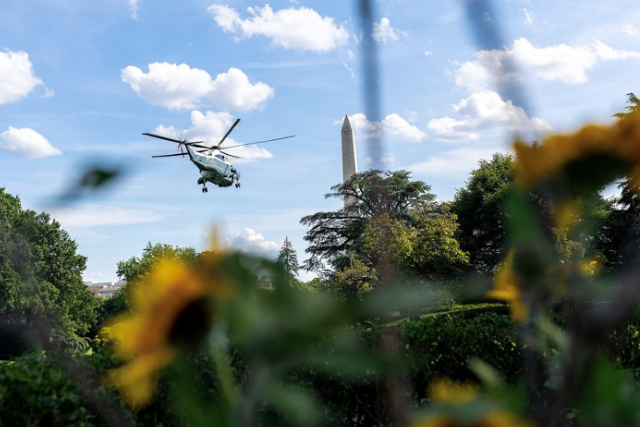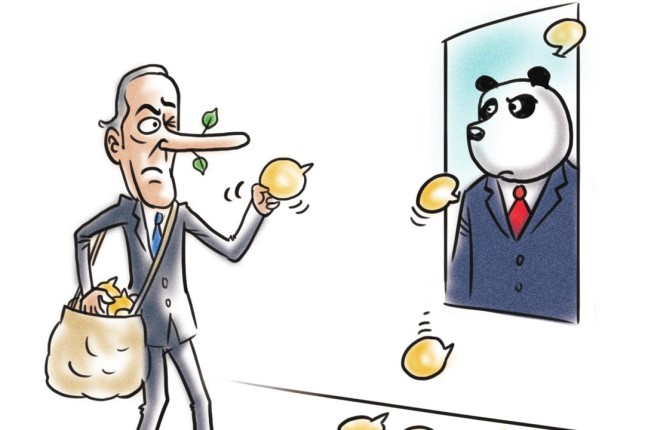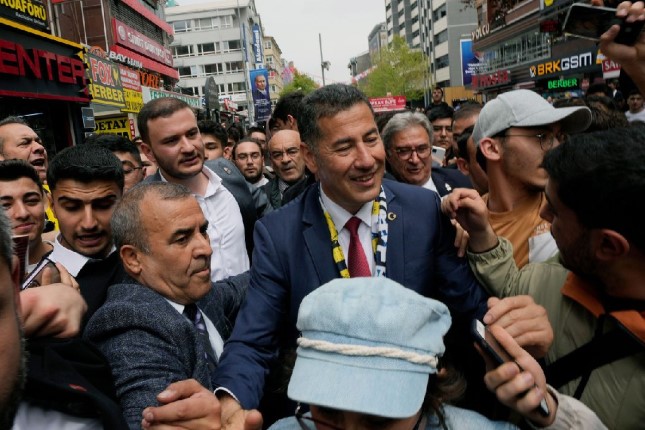The coup in Gabon brings to eight the total number of coups Africa has seen since August 2020 and the subsequent withdrawal of French occupation troops from Mali. There have been two coups in Mali, three in its neighbors—two in Burkina Faso and one in Niger—and one in Guinea and in Sudan. All these countries except Sudan were former French colonies that even today are oppressed and exploited by French imperialism.
The Gabonese coup followed contested presidential elections, after which the National Electoral Commission initially announced that Bongo had won the elections with 64.27 percent of the vote.
The military thereupon launched a coup, annulling the election and declaring the dissolution of all the institutions of the Gabonese republic. The military commander who took power in Gabon, General Bryce Oligui Nguma, has been named a “leader of transition” by the military. He is to be sworn in as the “interim president” this coming Monday.
The military maintained the curfew, imposed four days earlier by the Bongo regime, after the election. Gabon’s borders are closed, and there is a nationwide Internet blackout.
The self-proclaimed Comité de Transition et de Restauration des Institutions (CTRI) junta announced on state television that Bongo, his family and his doctors were all under house arrest. It also arrested Bongo’s son and closest adviser, Noureddin Bongo Valentin, Bongo’s chief of staff Ian Ghislain Ngoulou, his deputy Mohamed Ali Saliou, another presidential adviser, Abdul Hosseini, and presidential spokesperson Jessye Ella Ekogha, and several top members of Bongo’s Gabonese Democratic Party (PDG).
It charged them with “high treason against the institutions of the State, massive misappropriation of public funds, organized international financial embezzlement, forgery, falsification of the signature of the President of the Republic, active corruption, and drug trafficking.’’
Bongo, who has been under house arrest since the coup, said in an anonymous video that he “doesn’t know what’s going on” and appealed to “his friends around the world to make noise.”
In the streets of the Gabonese capital, Libreville, however, there were protests celebrating the fall of the brutal Bongo political dynasty.
The record of the Bongo family is a classic case of the incapacity of the bourgeoisie in countries of belated capitalist development to secure independence from imperialism. Ali’s father Omar Bongo became president in 1967, seven years after Gabon gained formal independence from French colonial rule in 1960. After the death of Omar Bongo in Gabon in 2009, his son Ali Bongo continued his father’s oppressive rule for 14 years.
Omar Bongo kept power by placing Gabon’s oil resources in the hands of foreign, primarily French oil companies. For decades, its oil industry was run by the French oil company Elf, now absorbed into Total Energy. Oil revenues were stolen by corrupt French businessmen and politicians, except for a small portion that was used to bribe the ruling clique around Bongo. This plundering of Gabon’s economy left broad layers of the Gabonese people in grinding poverty.
Even after the Bongo regime somewhat diversified its economic ties in recent decades, France still has about 400 troops stationed in Gabon for training and military support, including a base in Libreville to protect its extensive economic interests there.
Oil-rich, a member of the OPEC oil nations, Gabon produces about 181,000 barrels of crude oil per day. It is the eighth largest oil producer in sub-Saharan Africa. By assisting imperialism in plundering these resources, the ruling clique around the Bongo family amassed enormous wealth, buying up luxury properties in France, Morocco and other countries.
At the same time, living on less than 2 dollars a day is a harsh reality for many of Gabon’s citizens, with a third of the population officially living below the poverty line.
Only 20 percent of Gabon’s population owns 90 percent of its wealth. The unemployment rate in 2022 reached 21.47 percent. More than half of the population lives in the two cities of Libreville and Port-Gentil. In the crowded slums of Libreville, many migrant workers and local Gabonese live in absolute poverty. Thousands of people in Gabon’s urban areas lack reliable sources of food, water, or proper access to sanitation.
The Gabonese military junta has no solution to any of the social and economic problems facing workers, youth and the rural masses in Gabon and across Africa. Like the leaders of recent coups in other African countries, it emerges from an officer corps with a long tradition of close, incestuous ties with imperialism. It decided to oust Bongo in a sudden shift driven by concern over mounting mass anger across Africa against the NATO imperialist powers, particularly France, and their military operations.
Nguma, who is to serve as “interim president,” was in fact one of the pillars of Bongo’s security system, heading the Gabonese army’s notorious, repressive Republican Guard Brigade. Since April 2020, he has headed this French-trained unit, which ensures the security of the president and key government and foreign institutions in Gabon.
Major powers internationally have criticized the coup but left open what relations they may develop with the CTRI junta in Libreville. Unlike the military juntas in Mali, Niger, and Burkina Faso, the CTRI junta has not yet declared their intention to expel French troops deployed in Gabon.
France “condemns the military coup in Gabon”, government spokesman Olivier Véran told reporters in Paris. Véran said France was “following the events in Gabon with great attention” and that the results of last Saturday’s presidential election “should be respected.”
The financial magazine L’Opinion spoke bluntly as to the concerns in French ruling circles over the coup. “The putsch in Gabon threatens the activities of some 85 French corporations that are present in the country,” the magazine stated, adding that Gabon is a key supplier of critical raw materials. “Uranium, manganese, oil … France stands to lose a lot in Africa,” it wrote.
Britain’s Foreign Office said in a statement that the UK condemns “the unconstitutional military seizure of power in Gabon and calls for the restoration of constitutional government.”
Washington urged the military to “protect civilian rule” without explicitly condemning the coup. At the same time, it called the situation in the African country “deeply concerning”, with White House national security spokesman John Kirby declaring that the US remains “a supporter of the people in the region, a supporter of the people of Gabon and of their demand for democratic governance.”
The African Union (AU) Peace and Security Council announced on August 31 the immediate suspension of “Gabon’s participation in all activities of the AU, its organs and institutions.”
The state-run daily Global Times of China, a major trading partner and infrastructure developer in countries across Africa, wrote: “China calls for restoration of peace and order in Gabon. At the same time the West expresses concerns about self-interest. Military coups show the failure of regime and political reforms promoted by the West.”
The coups across France’s former colonial empire are the product of over a decade of bloody NATO wars of plunder, including the 2011 NATO war in Libya, the 2013-2022 French war in Mali, and now the bloody NATO-Russia war in Ukraine. As anger surges among African workers and youth, military juntas are toppling unpopular African governments and demanding a renegotiation of their ties with France to expel its troops from their territory.
Photo: A defaced billboard of Gabon President Ali Bongo Ondimba is seen on an empty street of Libreville, Gabon, Wednesday August 30, 2023. © AP Photo/Yves Laurent
Source: World Socialist Web Site.
